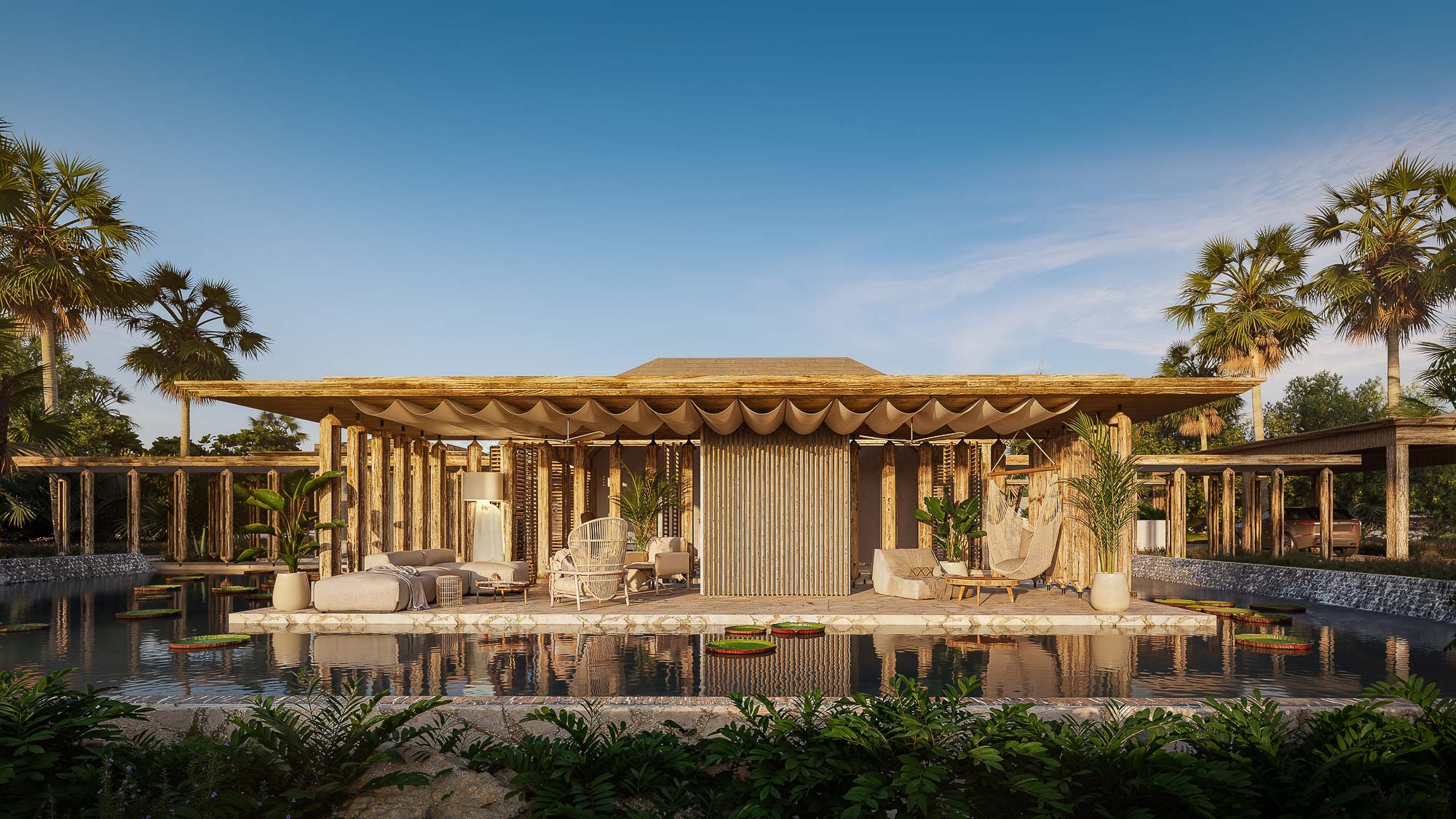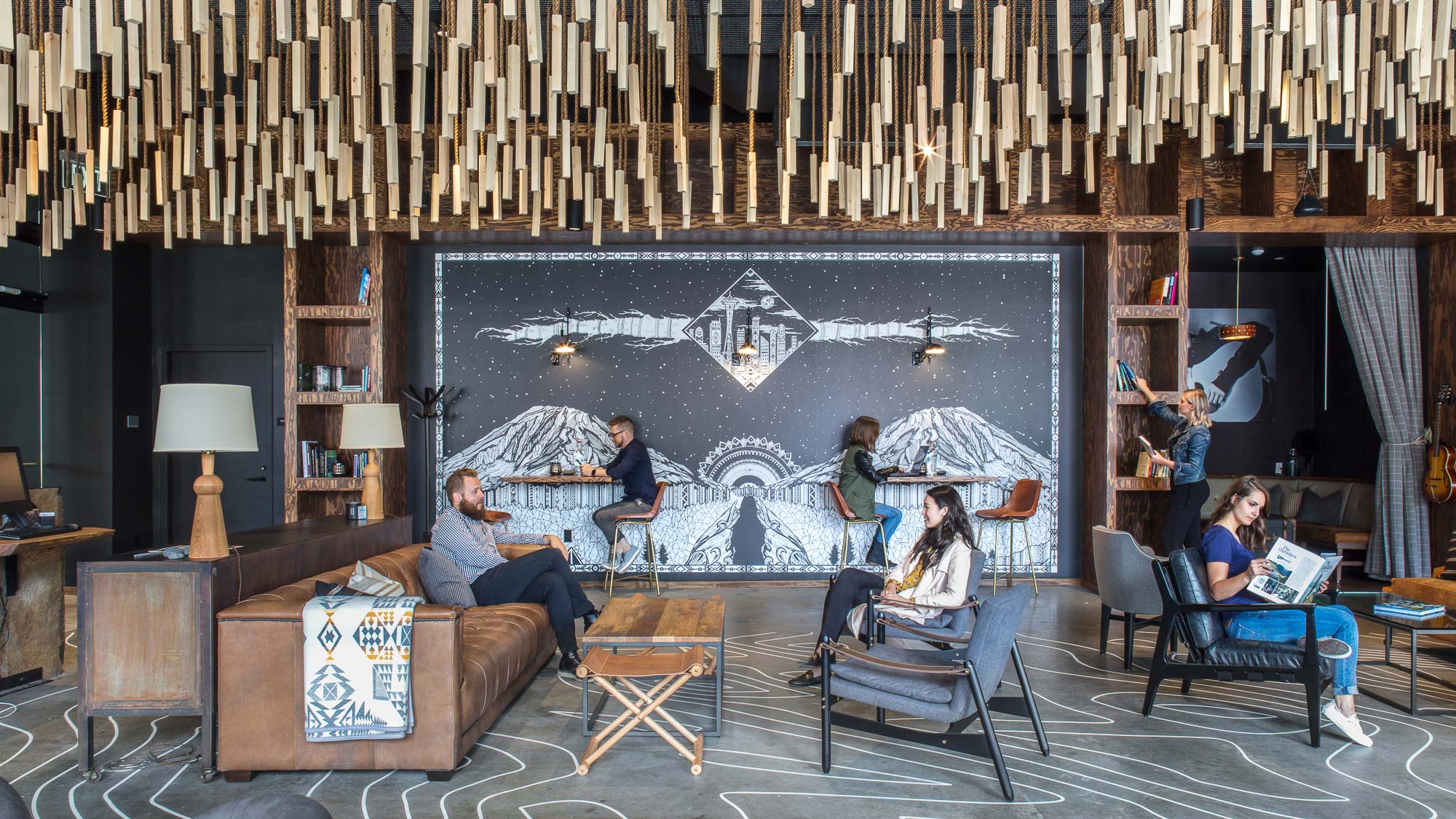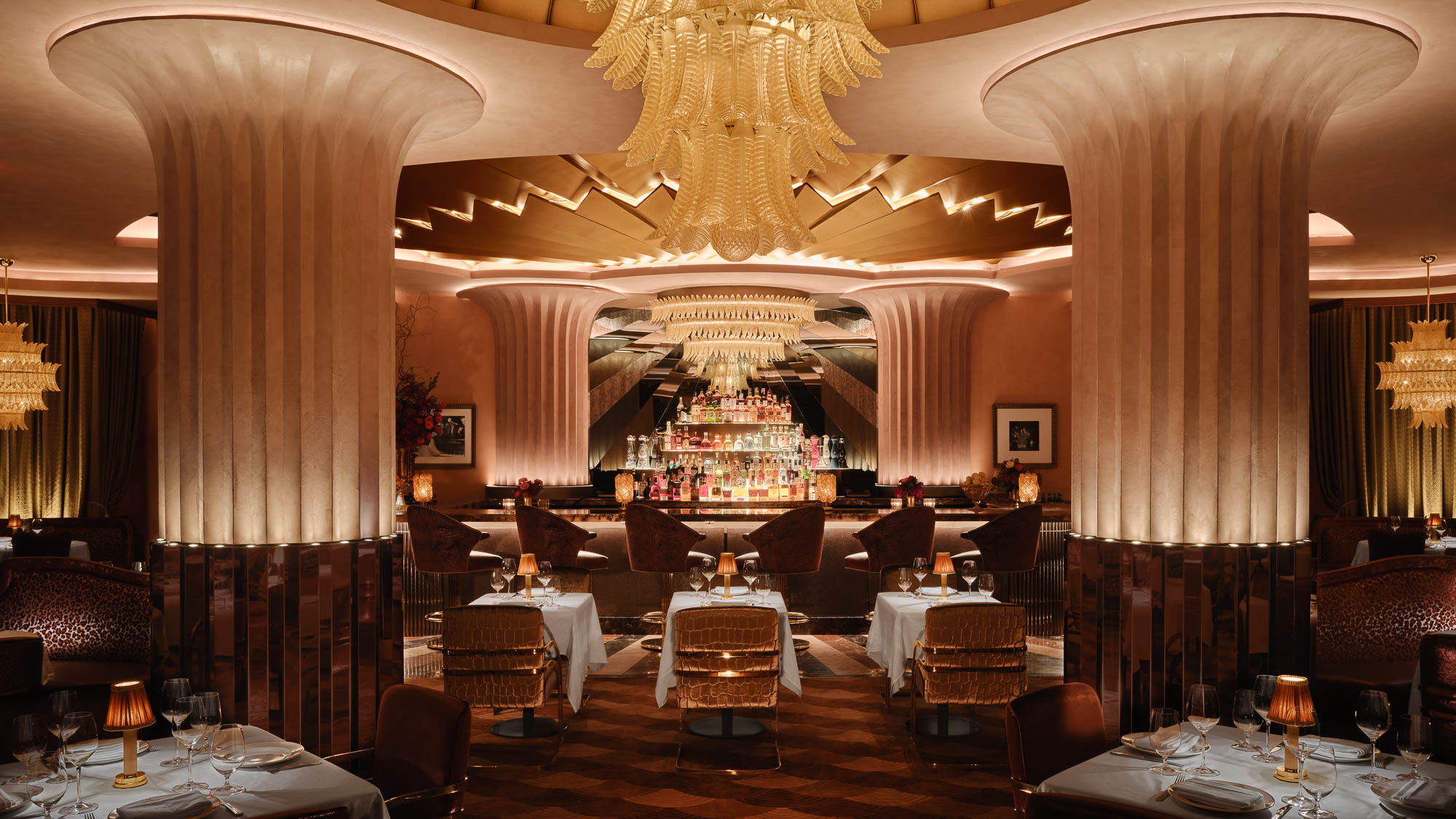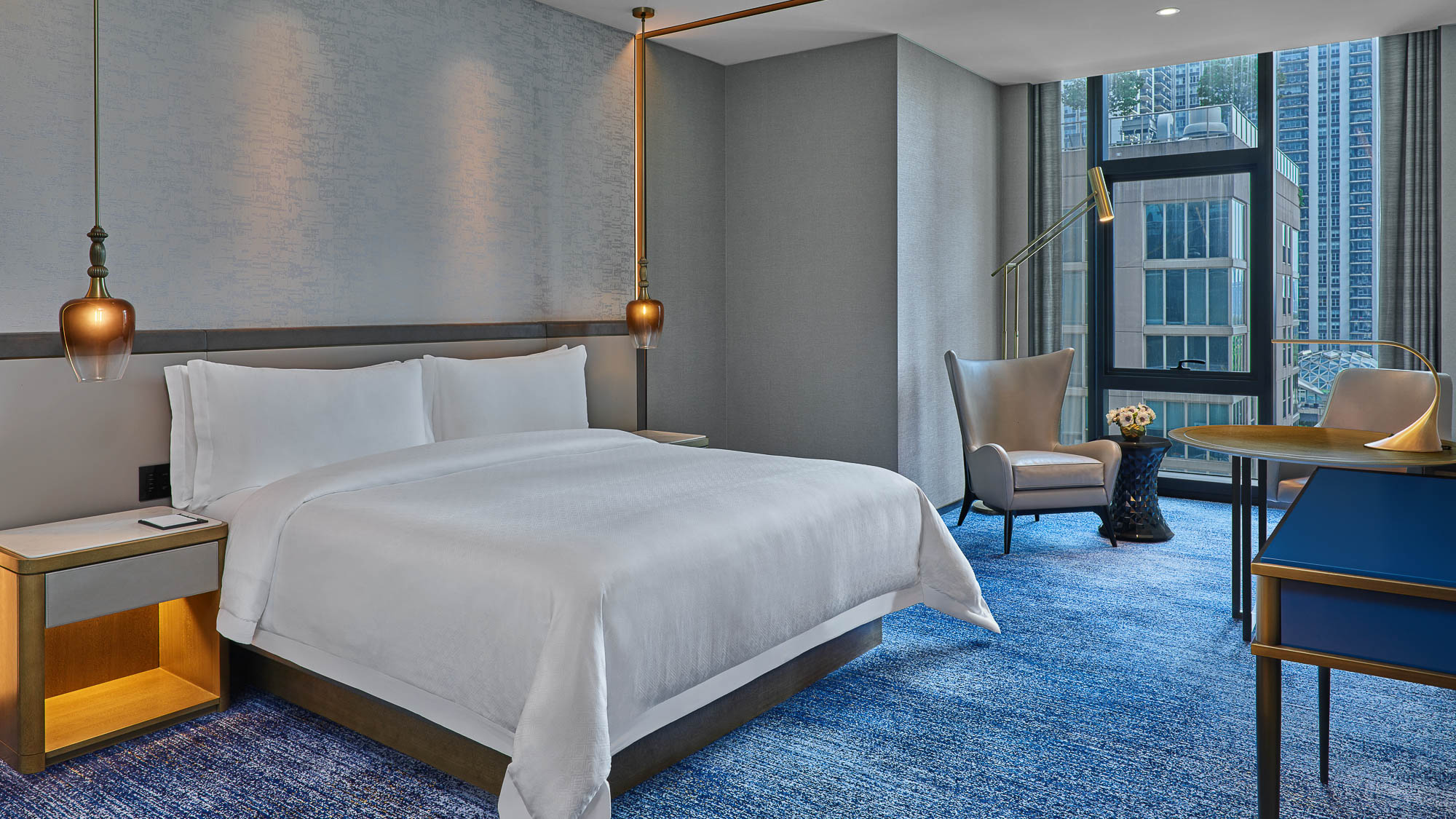
Nekajui Ritz-Carlton Reserve
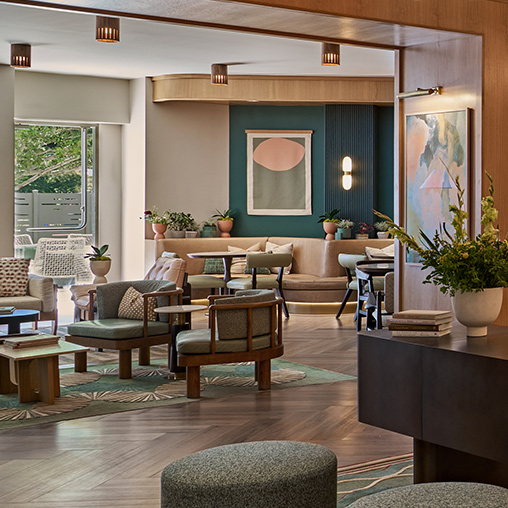
Hyatt Regency Irvine
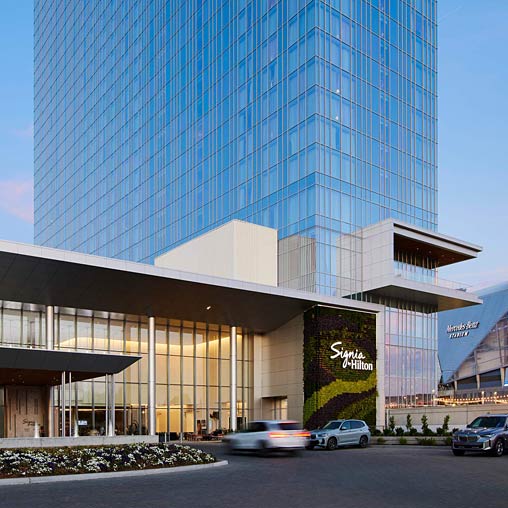
Signia by Hilton Atlanta
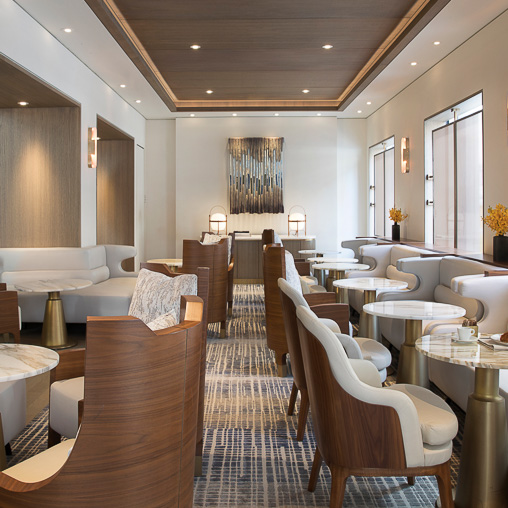
The Clift Royal Sonesta Hotel
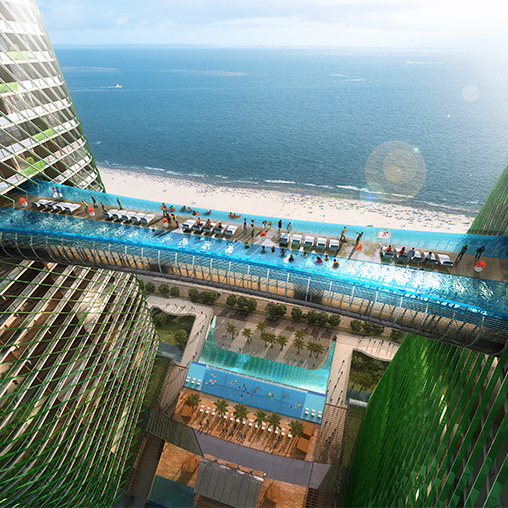
ITC Colombo One Hotel & Residences
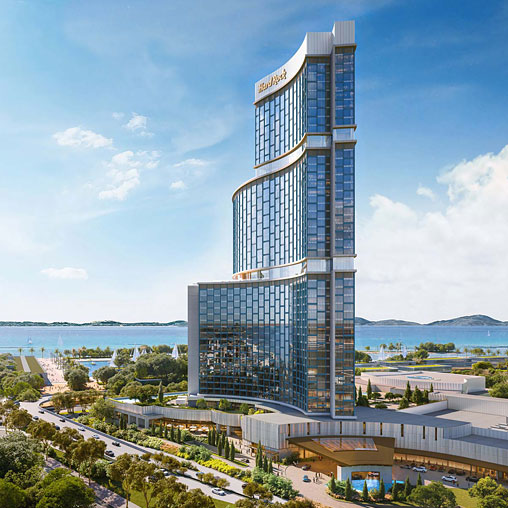
Hard Rock Integrated Resort Complex Ellinikou
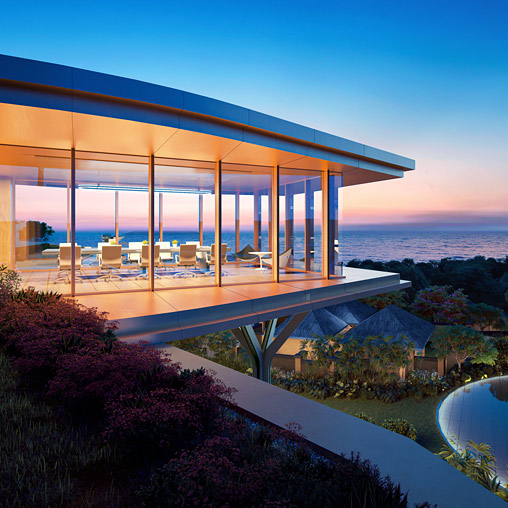
Ayana Conference Center
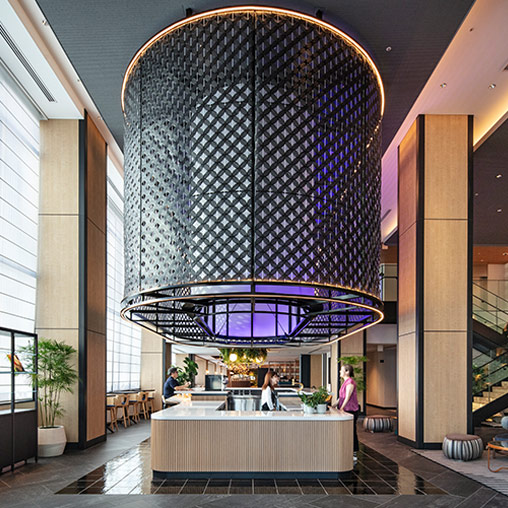
Novotel Nara
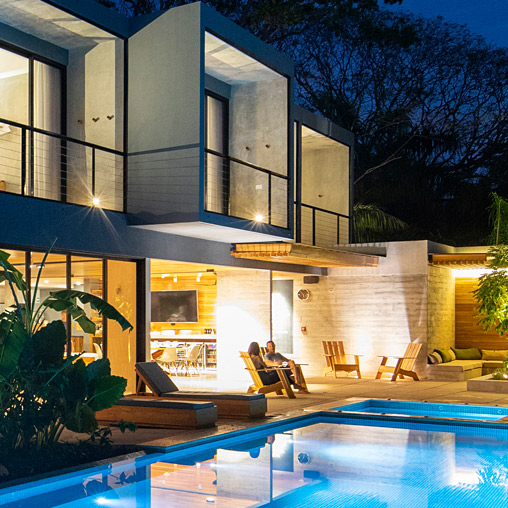
Surf Simply

Sani Ikos Andalucia
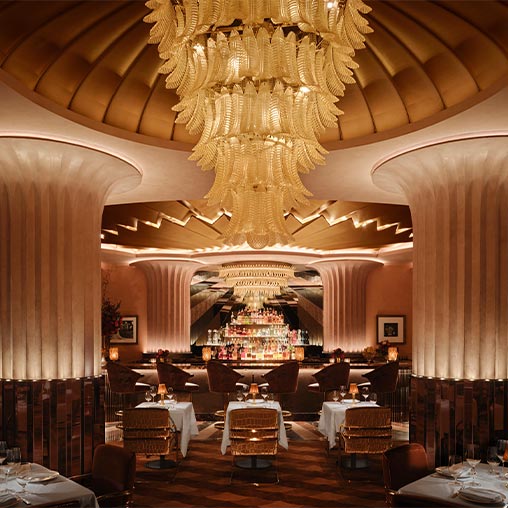
The Ra Ra Room at the Phoenix Suns and Mercury Arena
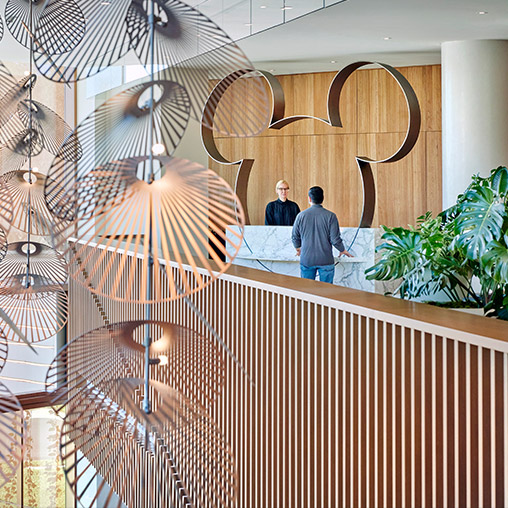
Walt Disney World Swan Reserve
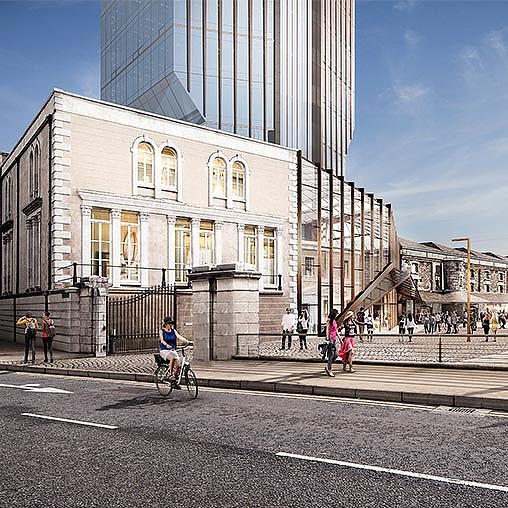
Custom House Quay
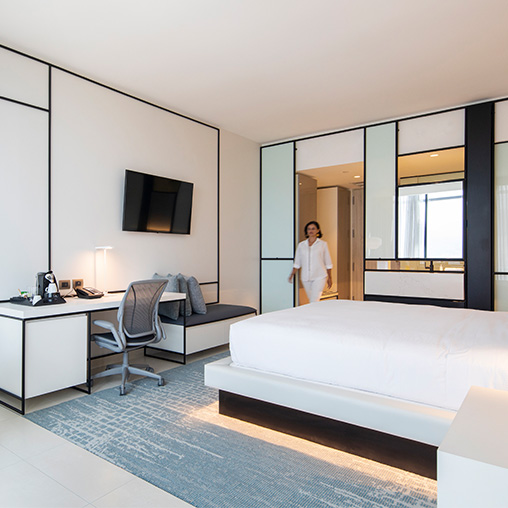
Hilton La Sabana
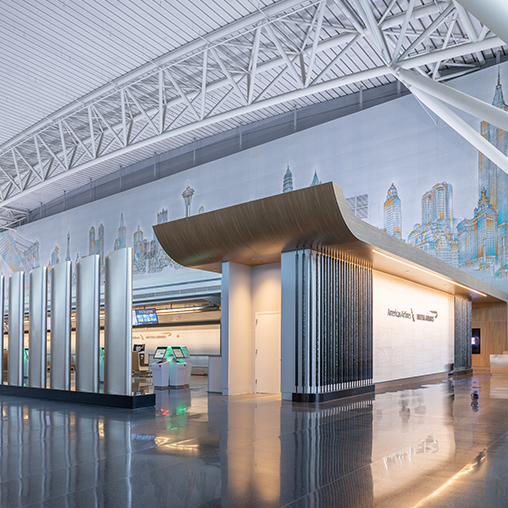
American Airlines & British Airways Premium Experience at JFK International Airport
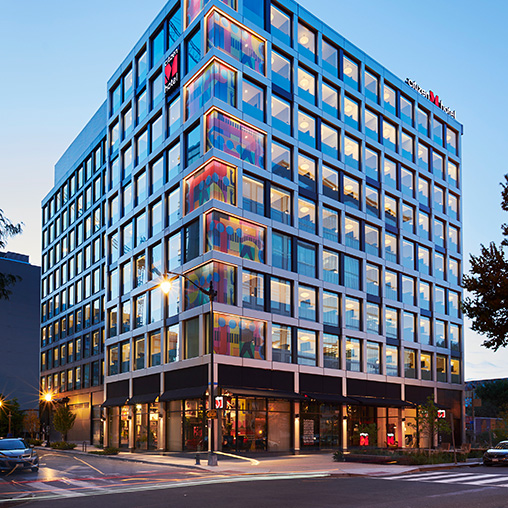
citizenM NoMa
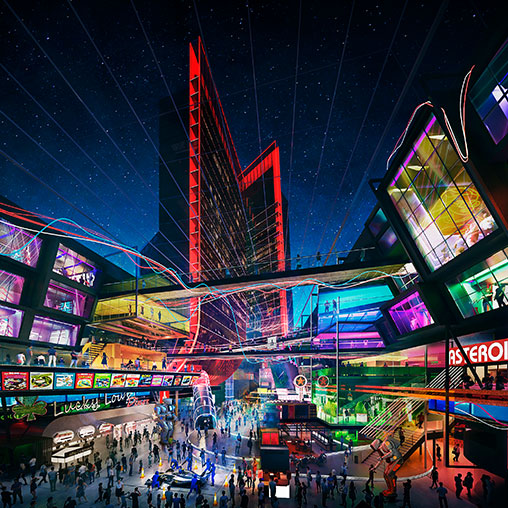
Atari Hotels
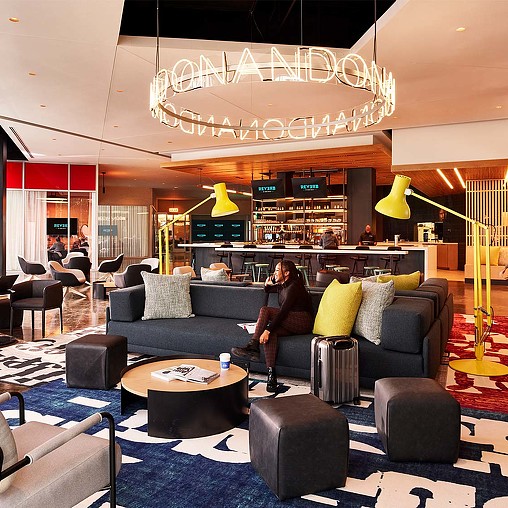
Reverb by Hard Rock Hotel Atlanta
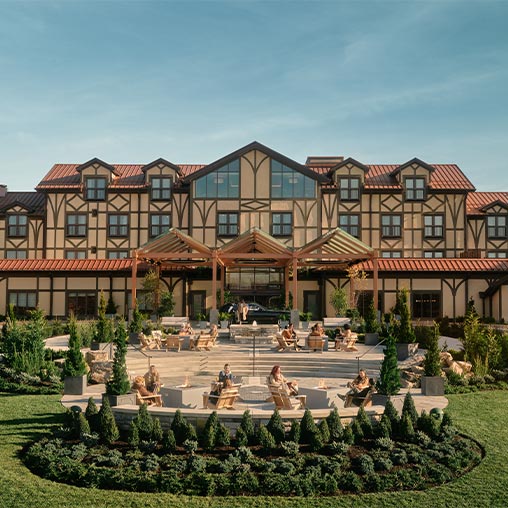
Nemacolin Resort Renovation
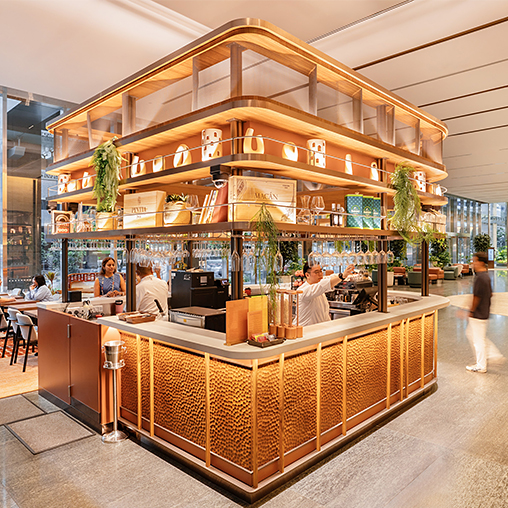
Vino Tinto
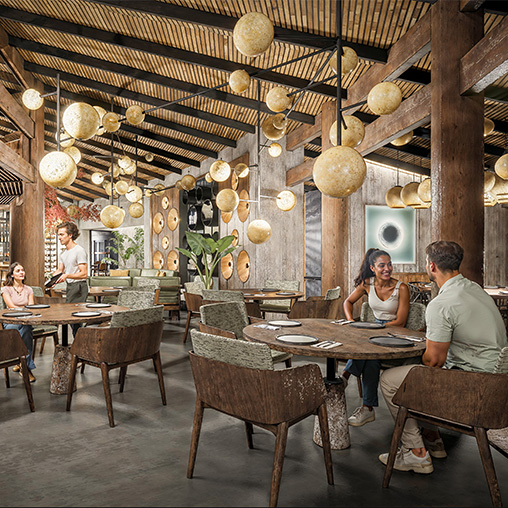
ORIGINS Astral Lodge
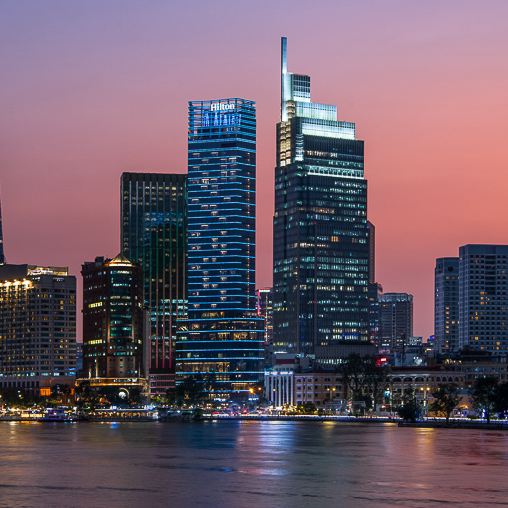
Hilton Saigon
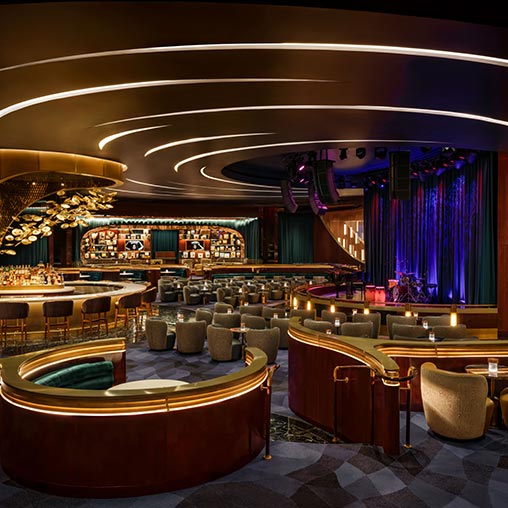
Jon Batiste’s Jazz Club
at Baha Mar
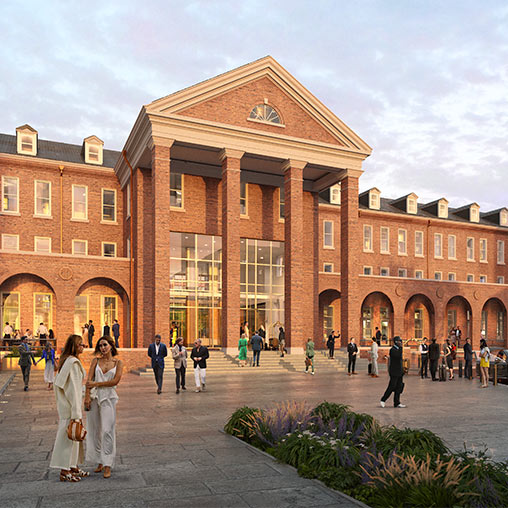
The Waylen Hotel
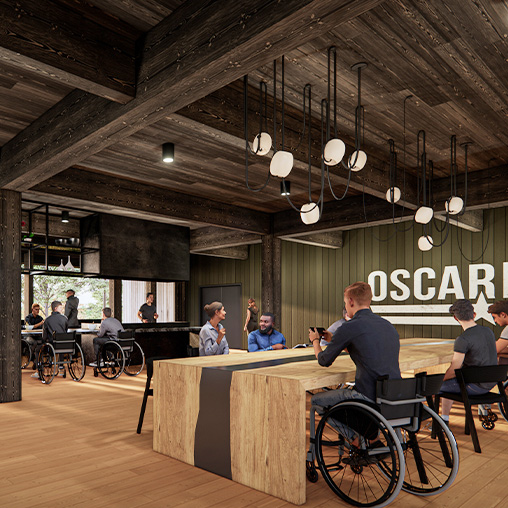
Oscar Mike
Sports & Training Center
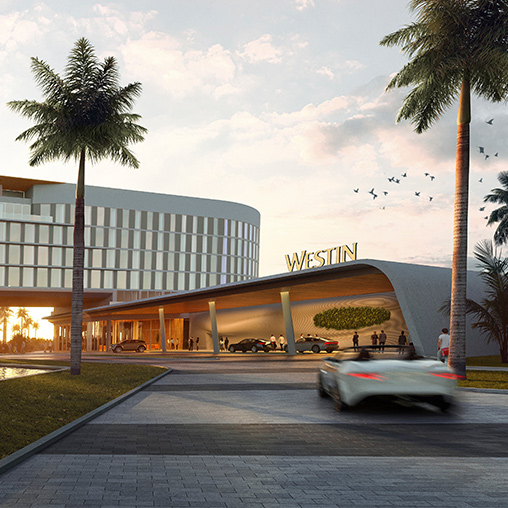
Westin Cocoa Beach Resort & Spa
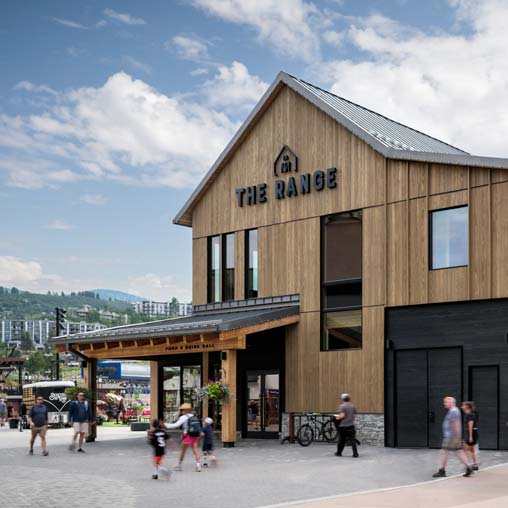
Steamboat Base Village Redevelopment

Gensler Hospitality Leader Lori Mukoyama Discusses Gensler’s 2026 Design Forecast Trends for Hospitality

Gensler Hospitality Leader Lori Mukoyama Shares Three Trends Shaping Design in 2026
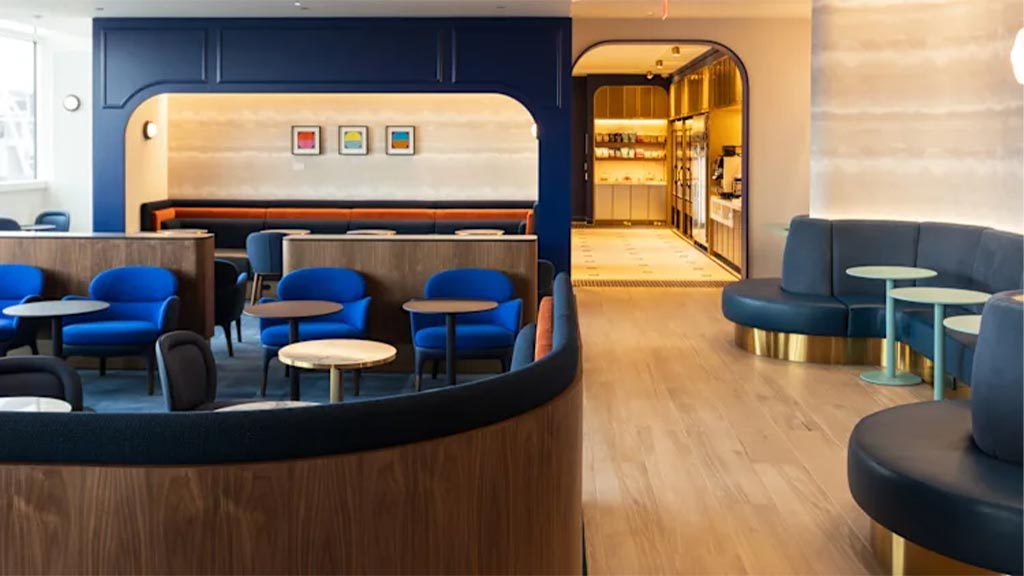
Fast Company Spotlights JetBlue’s First Airport Lounge, Designed by Gensler, at JFK Airport
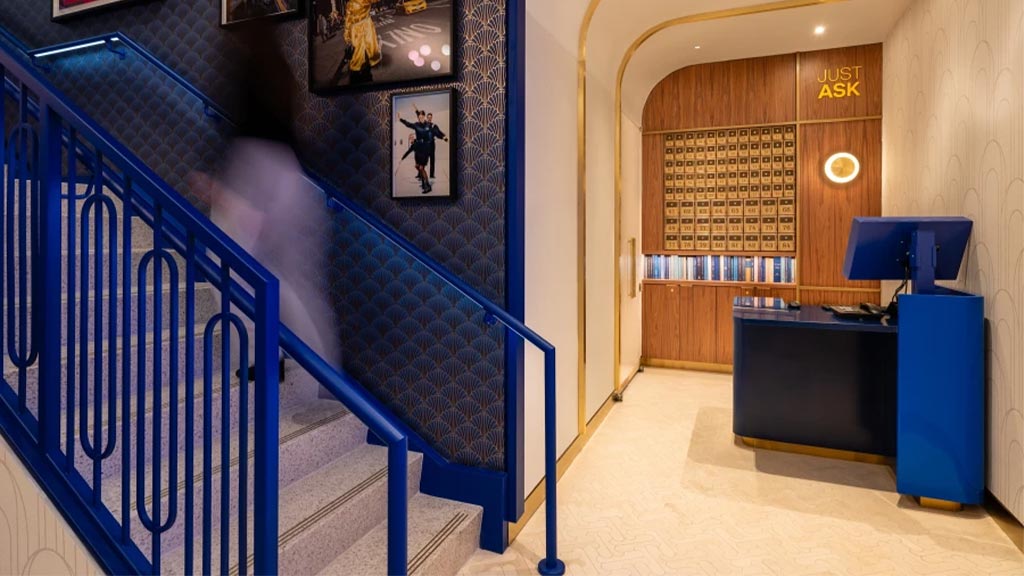
AFAR Spotlights the New, Gensler-Designed BlueHouse by JetBlue at New York’s JFK Airport
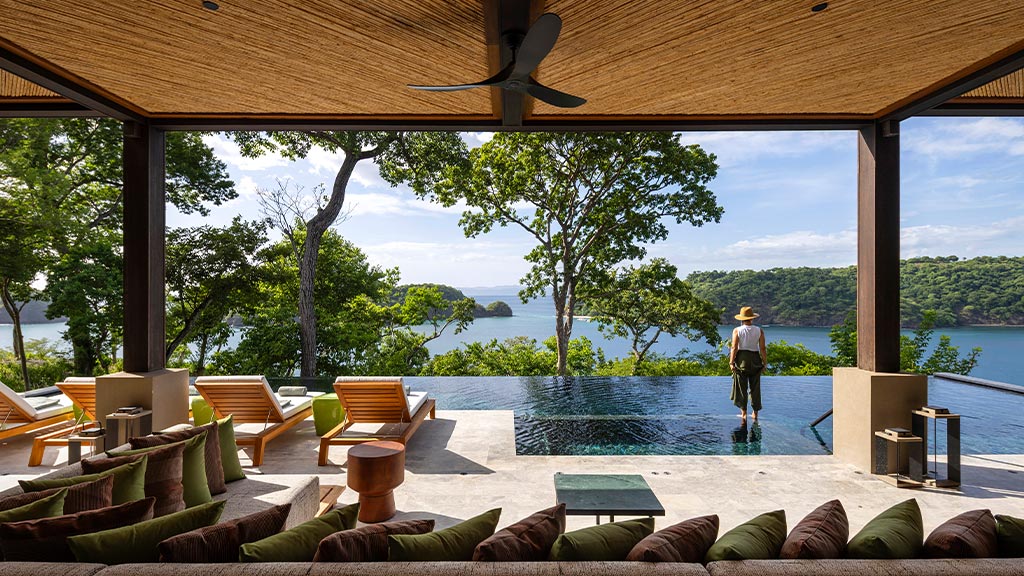
Forbes Spotlights Gensler’s Nature-Led Design at Nekajui, a Ritz Carlton Reserve
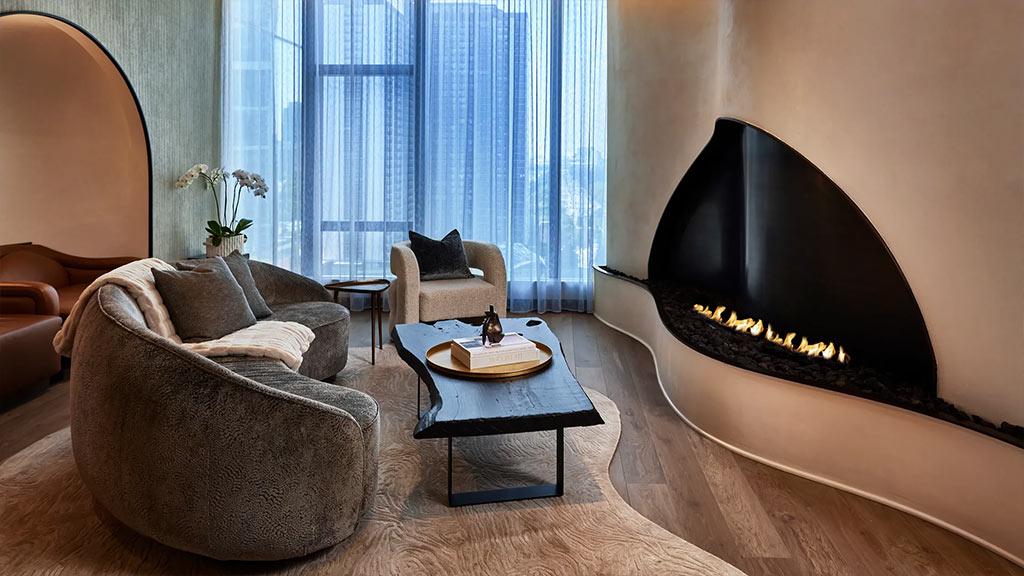
Conde Nast Traveler Reviews the St. Regis Chicago, Their Readers’ Choice Awards 2024 Winner
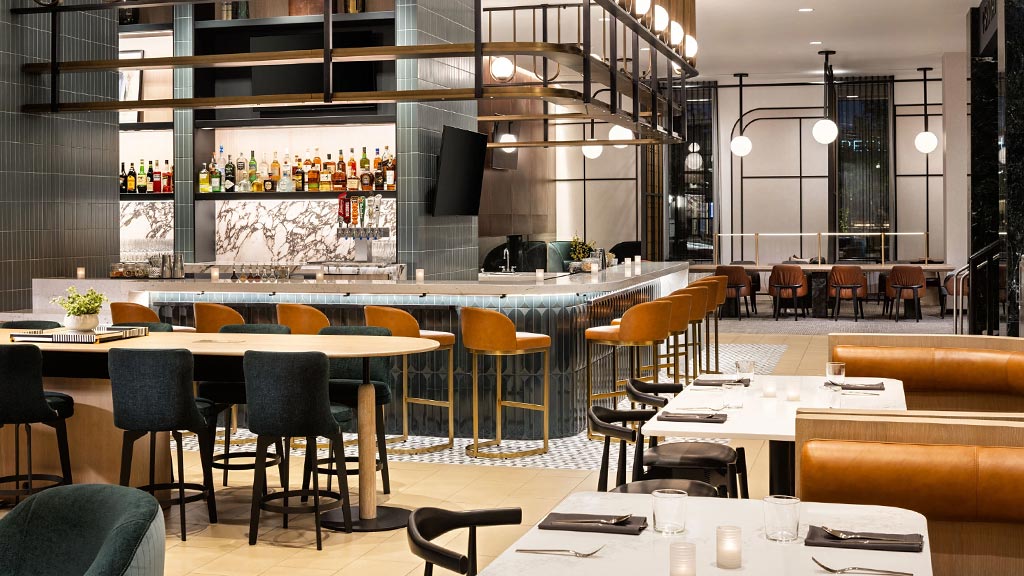
A Look Inside the Gensler-Designed Sheraton Minneapolis Downtown Renovation
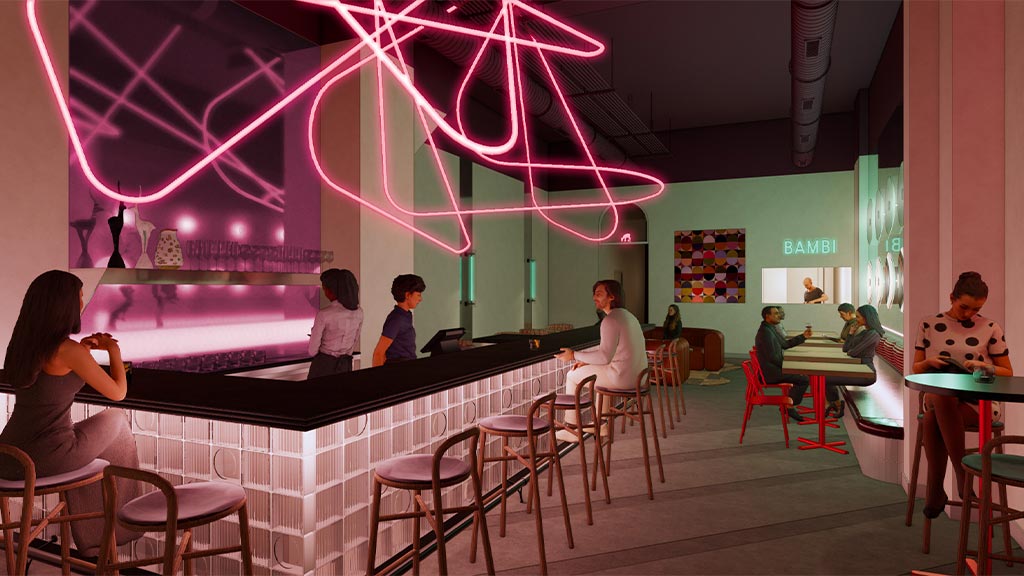
Time Out Chicago Spotlights Gensler-Designed Bar Bambi by Award-Winning Mixologist Katie Renshar
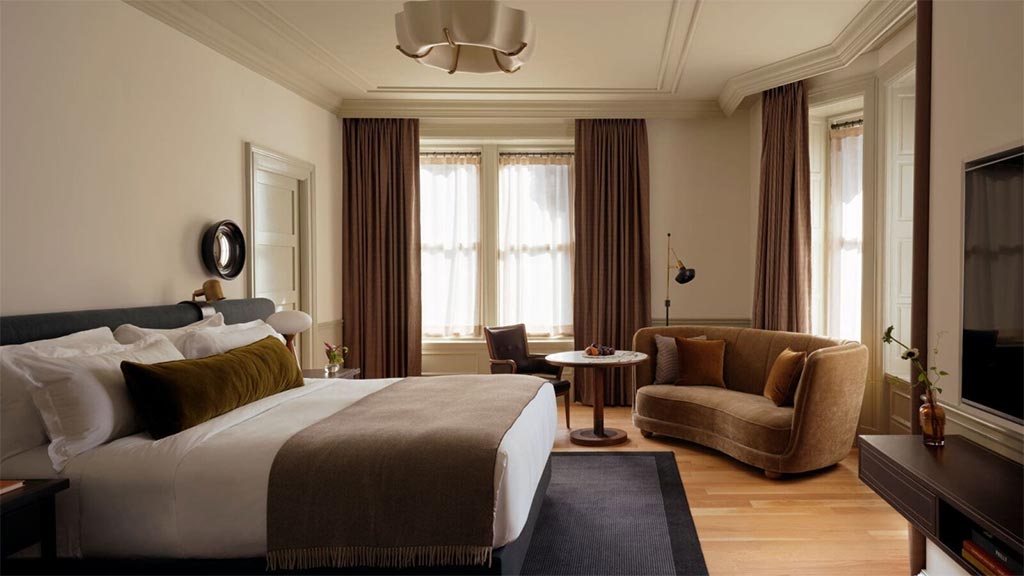
The Bellevue Wins the AHEAD Americas 2025 Award for Hotel of the Year, Guestrooms, and Suite
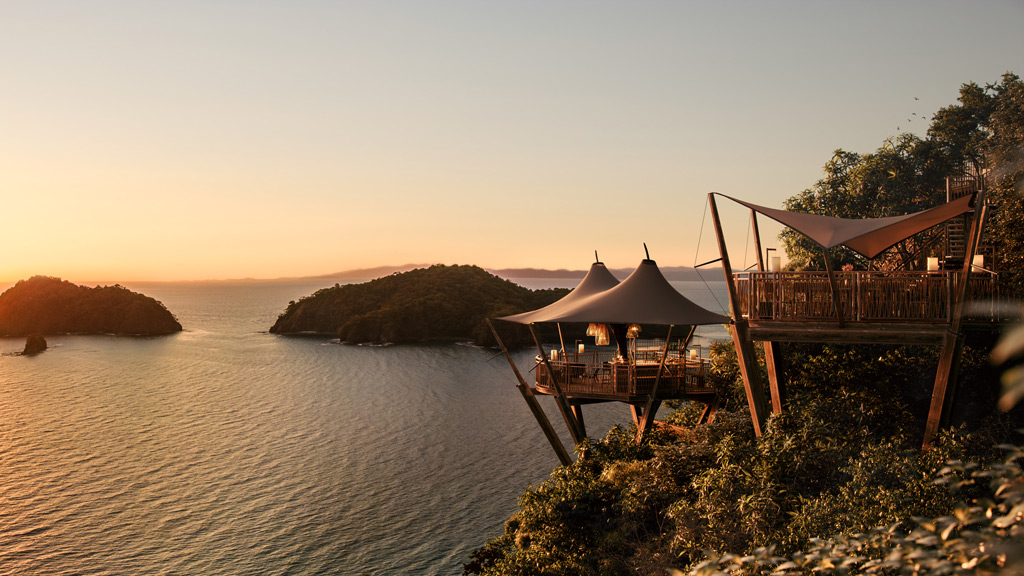
Nekajui, a Ritz-Carlton Reserve, Wins the AHEAD Americas 2025 Award for Lodges, Cabins and Tented Camps
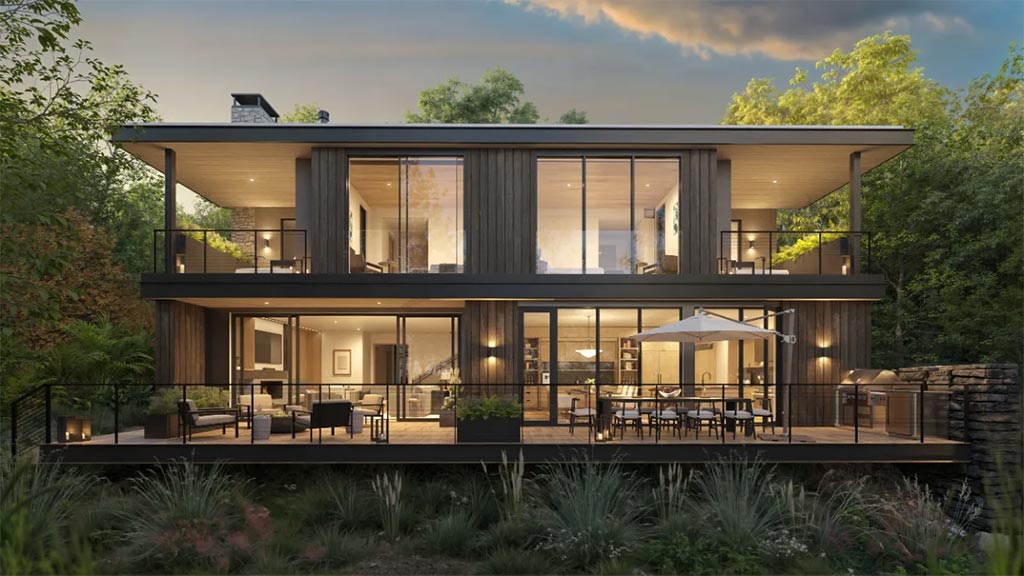
One&Only Resorts’ Hudson Valley Property Reimagines Resort Living Rooted in the Natural Landscape

Chicago Tribune Interviewed Gensler Hospitality Leader Lori Mukoyama About Reimagining Historic Buildings As Hotels
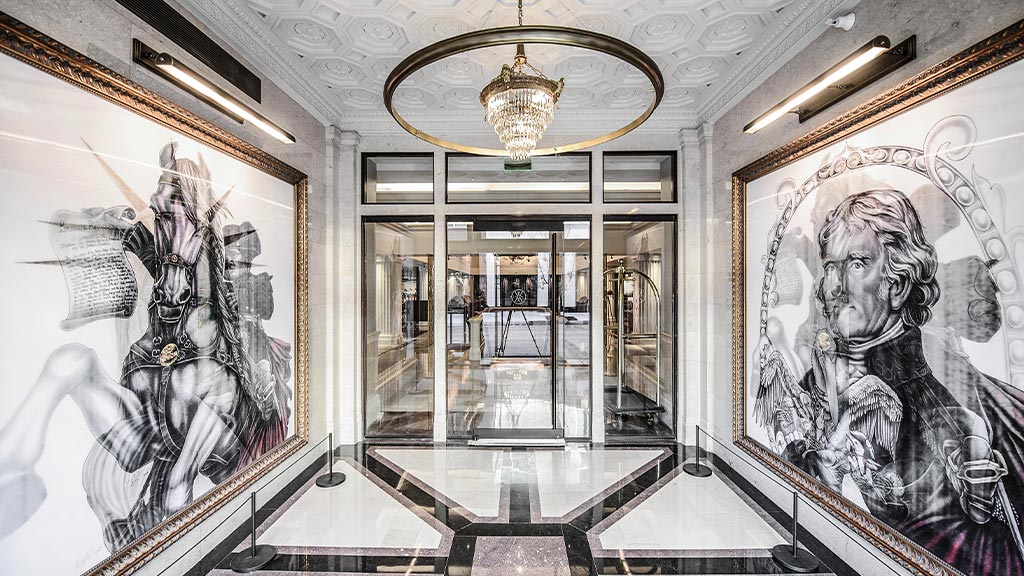
A Guide to Adaptive Reuse in Hospitality With Insights From Gensler’s Lori Mukoyama and Jack Paruta

Hospitality Design Interviews Young Designers About How Mentors Make a Difference
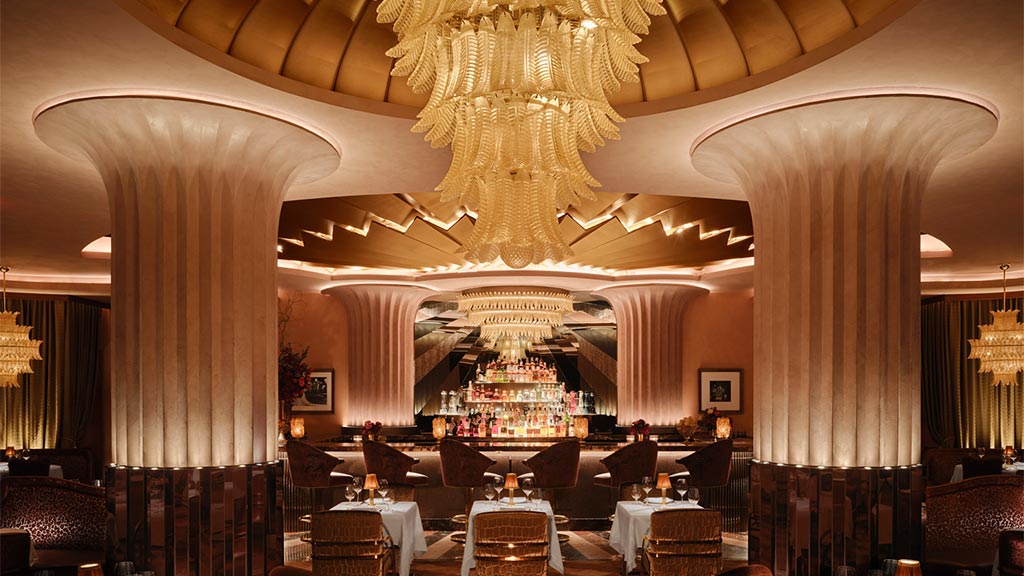
Wallpaper Spotlights the Gensler-Designed Ra Ra Room’s Art Deco Interiors and Plush Draperies
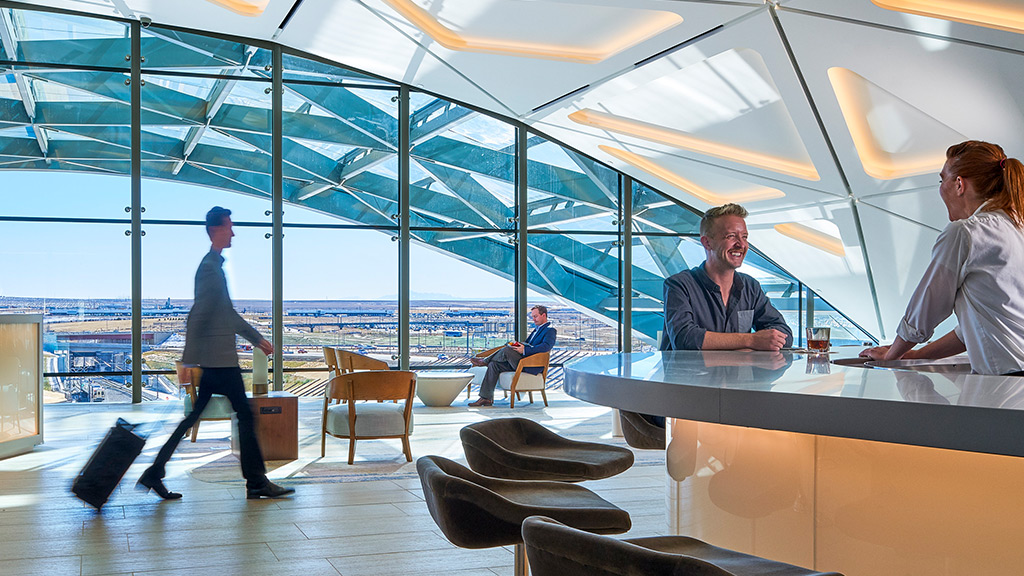
How the Trend Toward Luxurious, Convenience-Driven Travel Is Transforming the Airport Hotel Experience
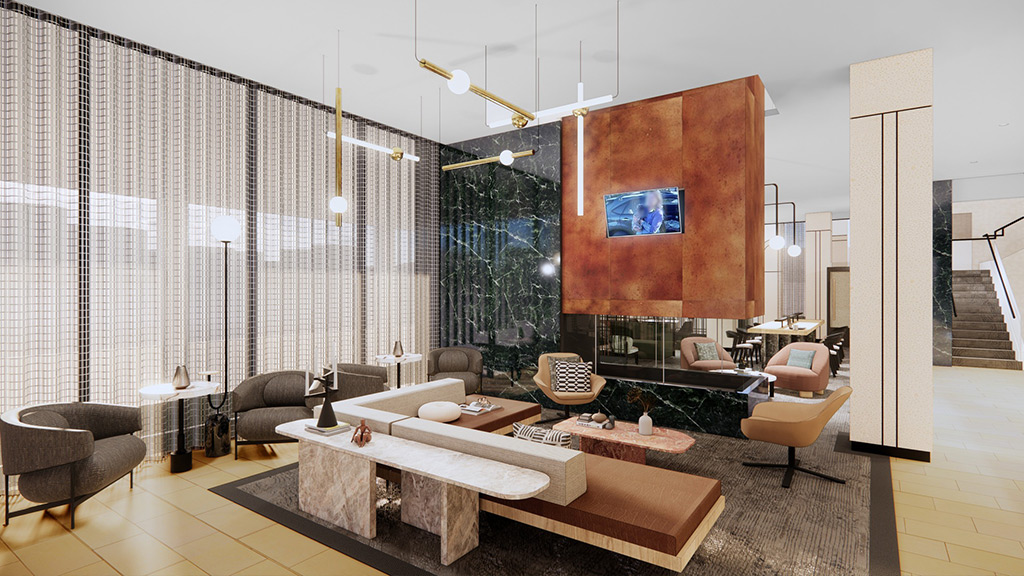
Sheraton Minneapolis Downtown’s $40 Million Renovation Completed in Partnership With Gensler
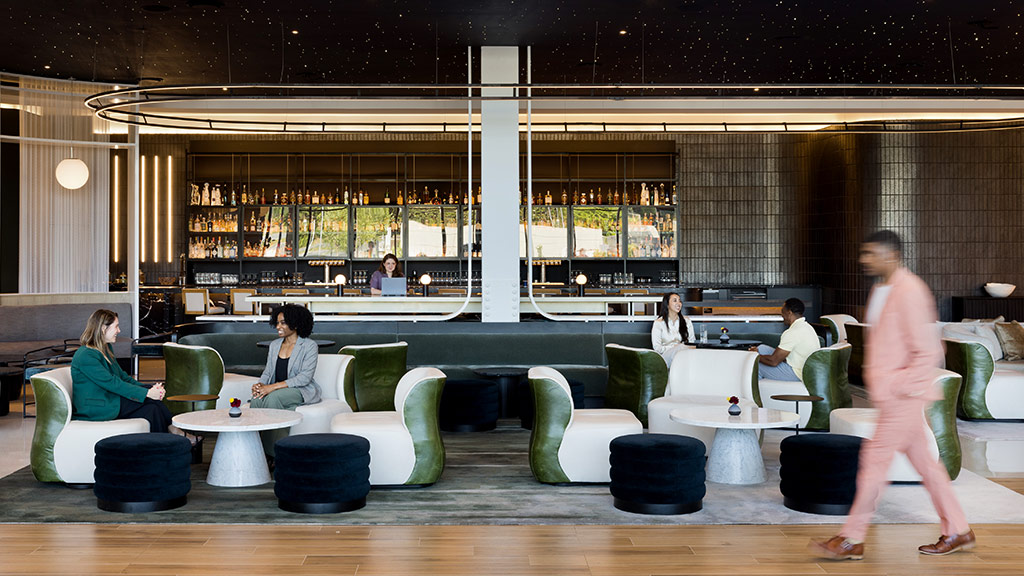
Signia by Hilton Wins IIDA Georgia’s Best of the Best 2025 Awards
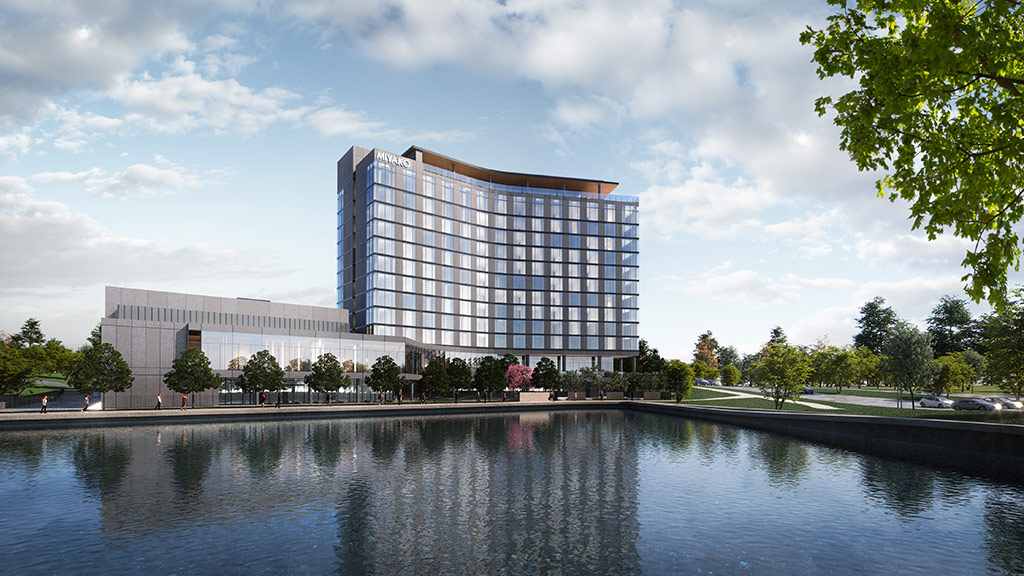
Gensler Dallas’ Steven Upchurch Shares Insights on The Growth of the Hospitality Industry
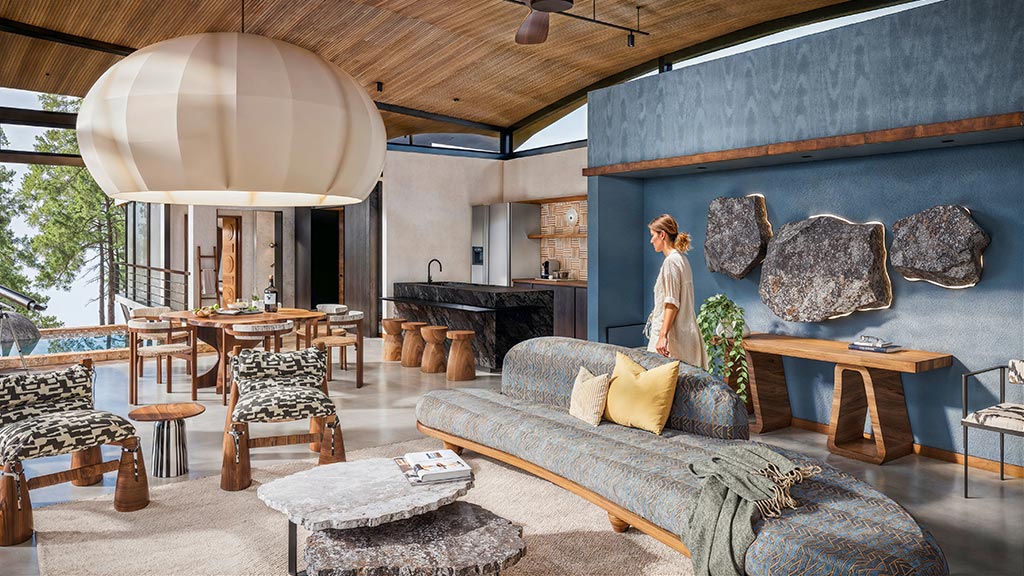
Luxury Travel Advisor Highlighted Gensler’s Design of Origins Astral Luxury Lodge
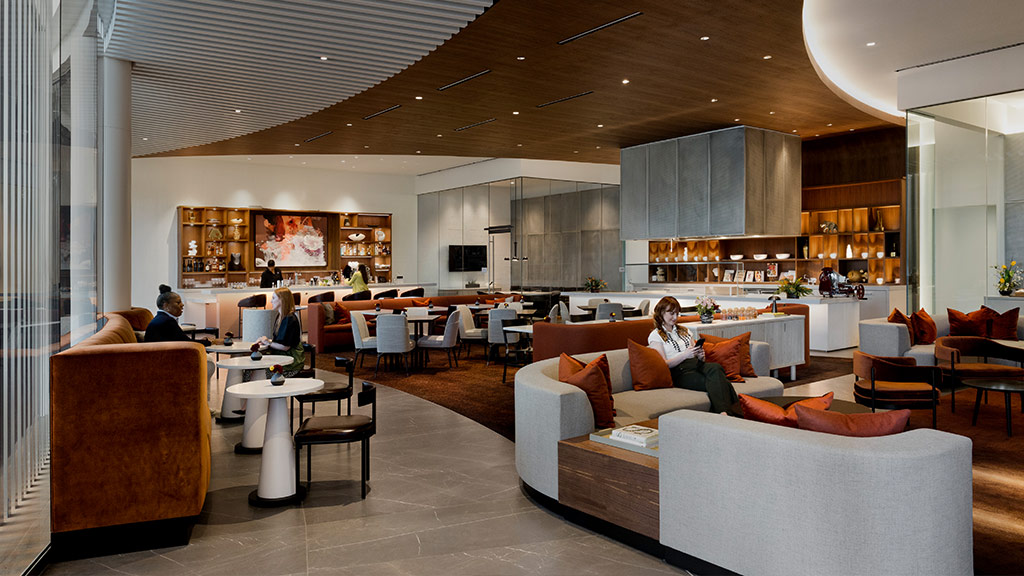
Hospitality Design Magazine Rounds Up the Top Trends in Restaurant Design With Industry Leaders

Hospitality Design Rounded Up the 76 Most-Anticipated Hotel Openings of 2025
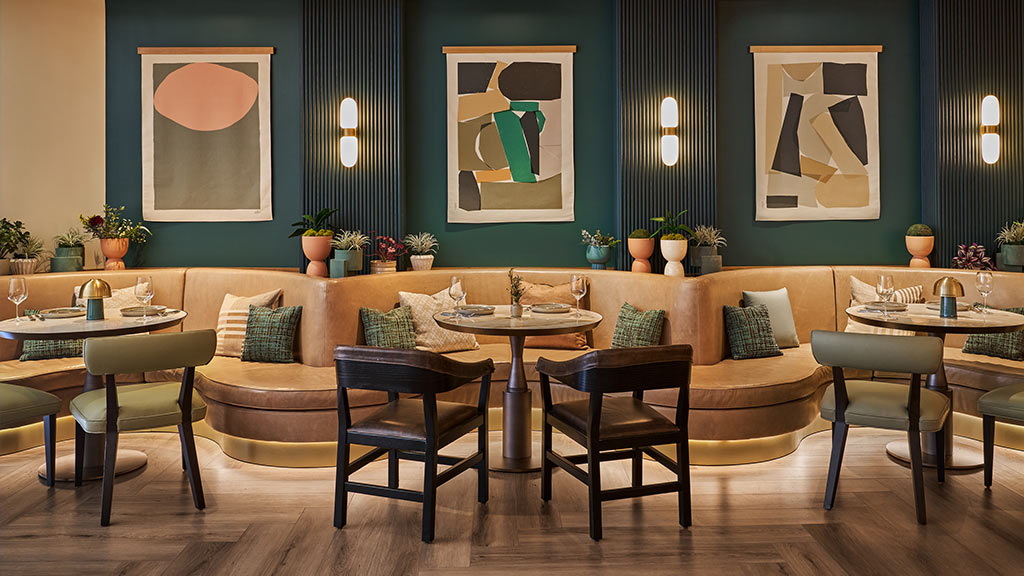
Hospitality Design Shared Insights From Industry Experts on This Year’s Top 8 Hotel Design Trends

Lori Mukoyama Sits Down with Hospitality Daily to Discuss Gensler’s Design Forecast and What’s Next for the Hospitality Industry
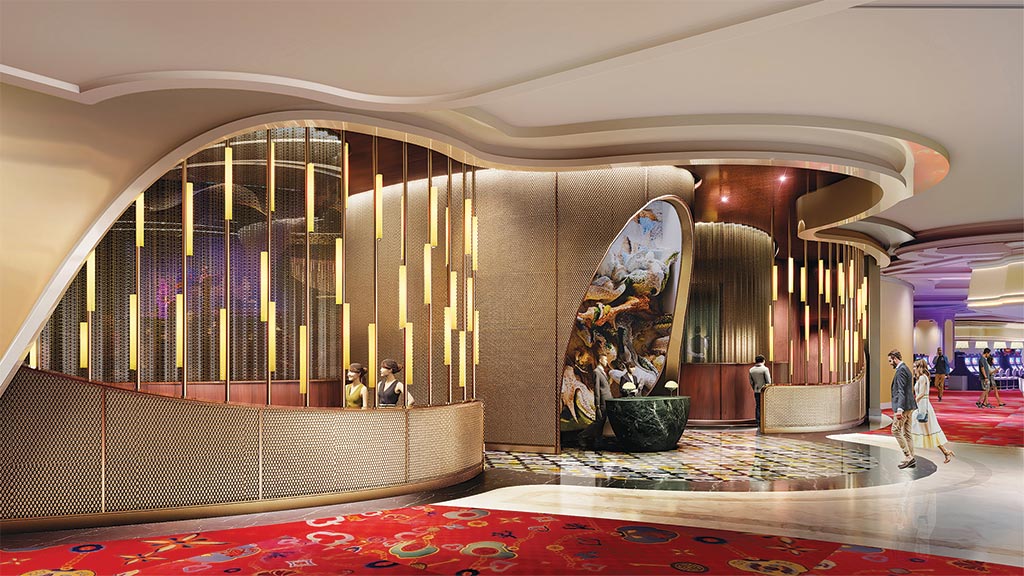
Gensler’s Design of the Jon Batiste Jazz Club at Baha Mar Embodies the Richness of Bahamian Culture
Hotels deliver “intimacy at scale” with hyper-personalized details.
Hospitality operators anticipate guest needs, remember preferences, and deliver unique moments that humanize even large-scale properties. To accommodate this trend, hotel design is more flexible so operators can continually adapt service models to shifting demands.
Offline is the new luxury.
As digital life accelerates, people gravitate toward places that invite pause, presence, and real human connection. Hotels carve out tech-free zones, unplugged retreats, and tactile environments that celebrate imperfection and the handmade.
Hospitality is a platform for wellness and personal growth.
Hotel guests seek out transformation rather than relaxation, and the hospitality industry responds with curated choose-your-own-adventure experiences that support physical, emotional, and spiritual well-being. The line between hospitality and wellness is increasingly blurred.
Hospitality becomes the next frontier for lifestyle brands.
Hospitality is no longer just for hotel brands. Luxury houses, fitness empires, and even sports teams launch hotels, cafes, and branded residences to offer immersive branded experiences and redefine what a hotel can be.
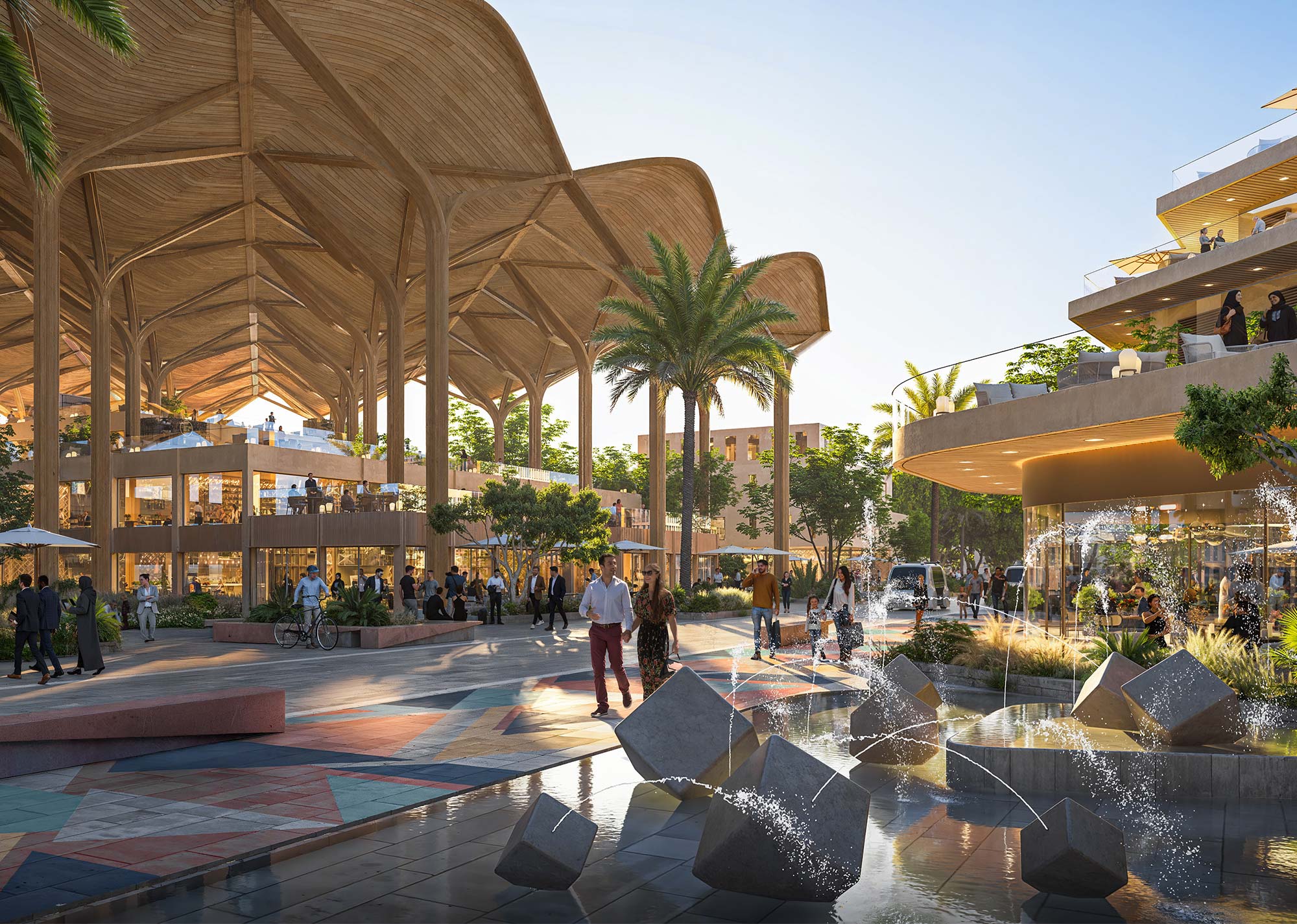

Tom Ito

Lori Mukoyama

Diane Thorsen

Siobhan Barry

Marcela Caycedo

Pete Chalfant

Hogan Chun

David Darlington

Kirk Ellis
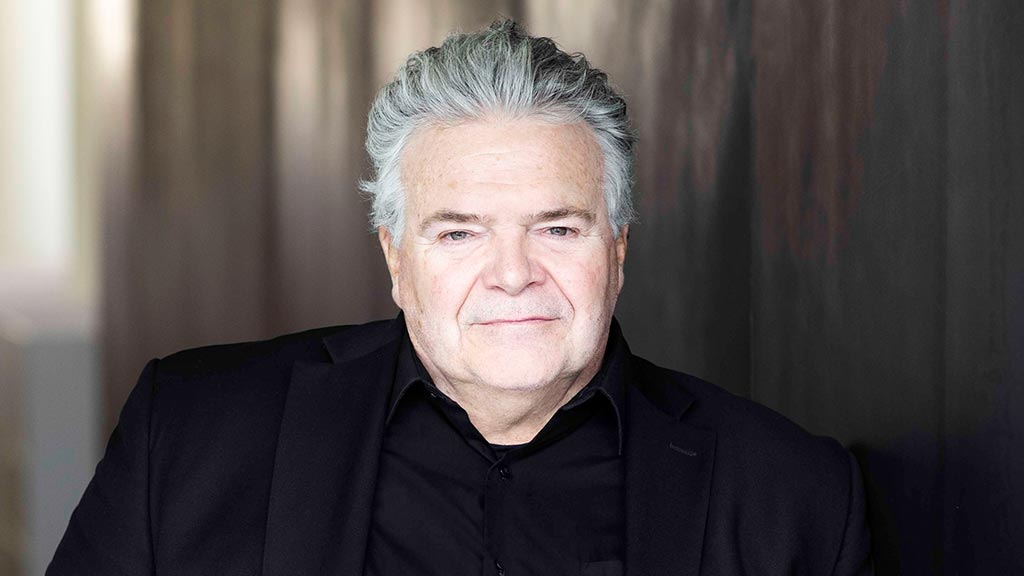
Rick Fawell

Eric Liao

Jack Paruta

Doug Schuette

Trevor To

Rashana Zaklit
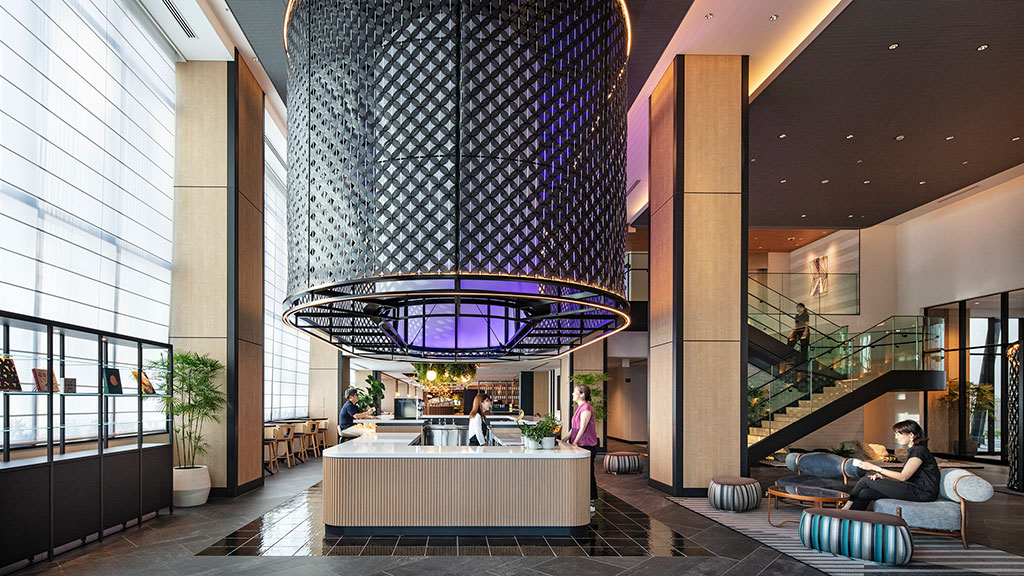
Trends to Watch: What’s Next for Hotels and Hospitality
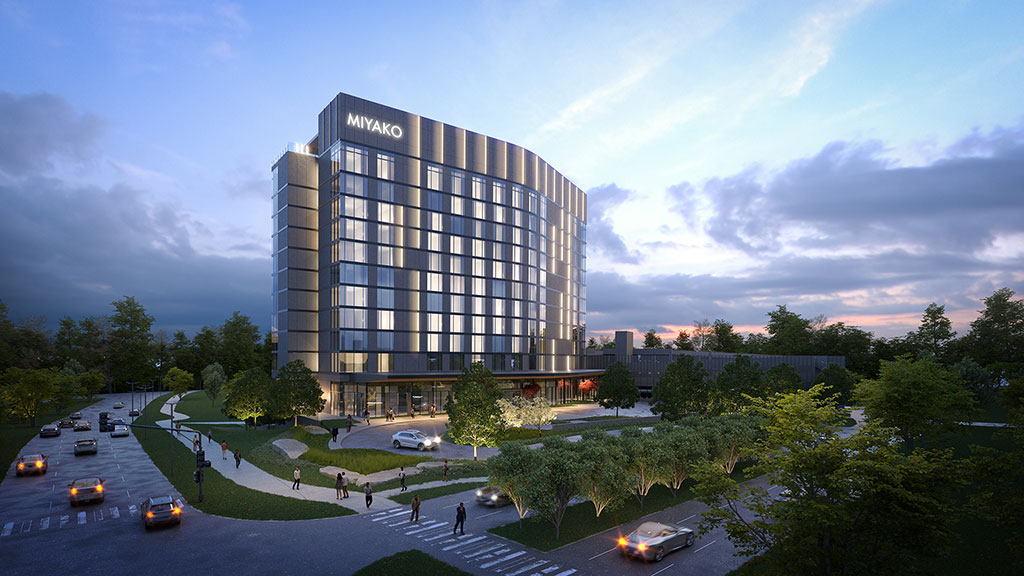
A New Hybrid Hotel Blends Japanese Culture and Texas Charm

Designing a New Way to Think in the Age of AI
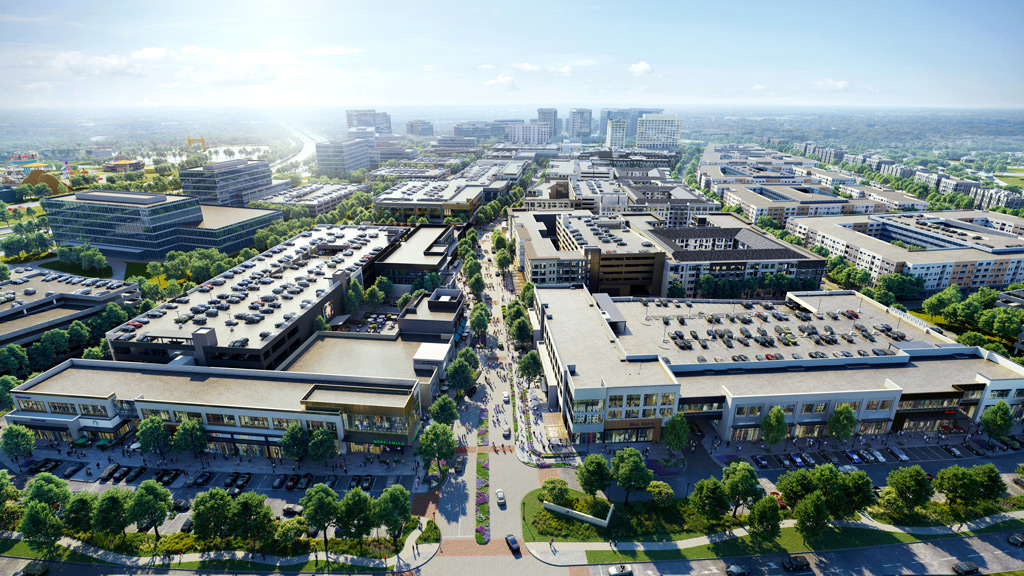
The Evolving Role of Hotels in Retail-Driven Mixed-Use Environments
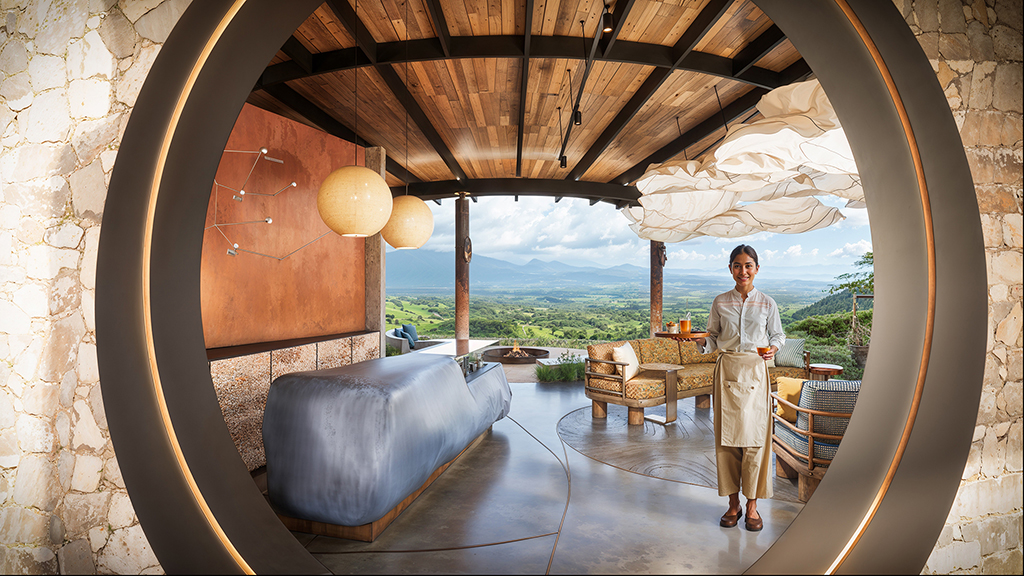
Designing an Eco-Retreat in Costa Rica’s Rainforest

What Do Consumers Want? Gensler’s U.S. Consumer Experience Report Uncovers Key Insights
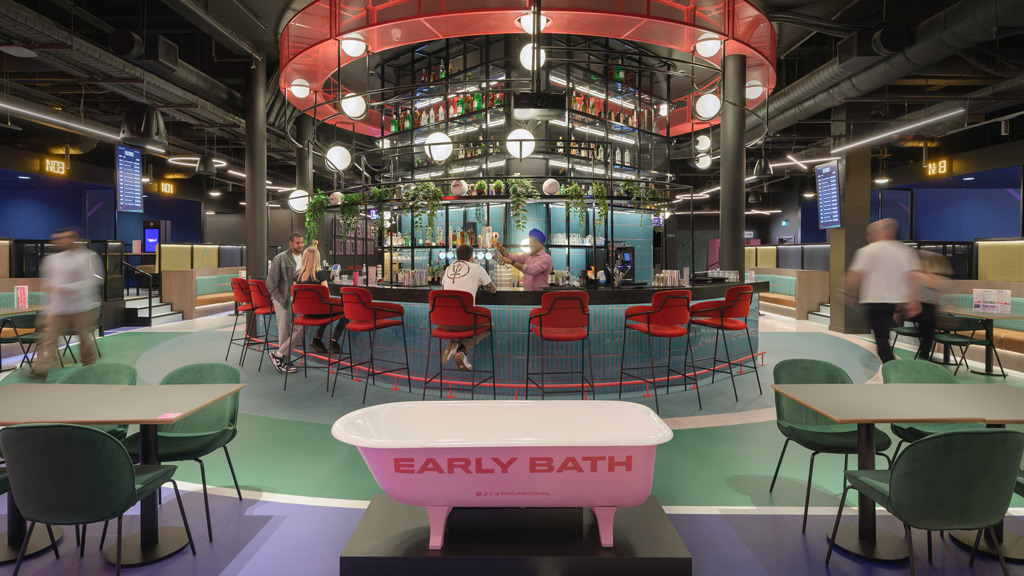
How Immersive Food and Beverage Experiences Are Redefining Hospitality
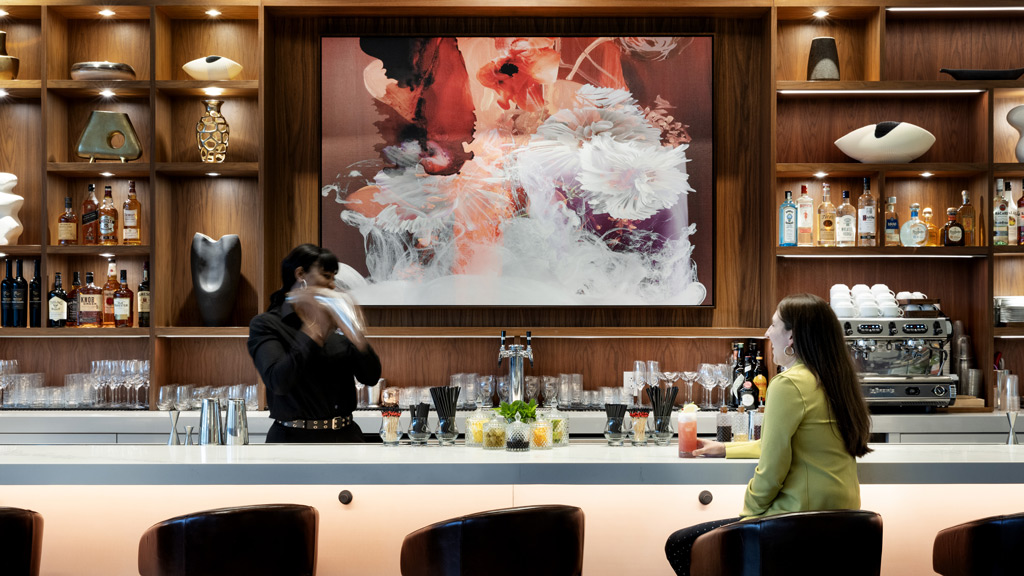
Using Narrative Design and Local Context to Create Authentic and Memorable Hospitality Experiences
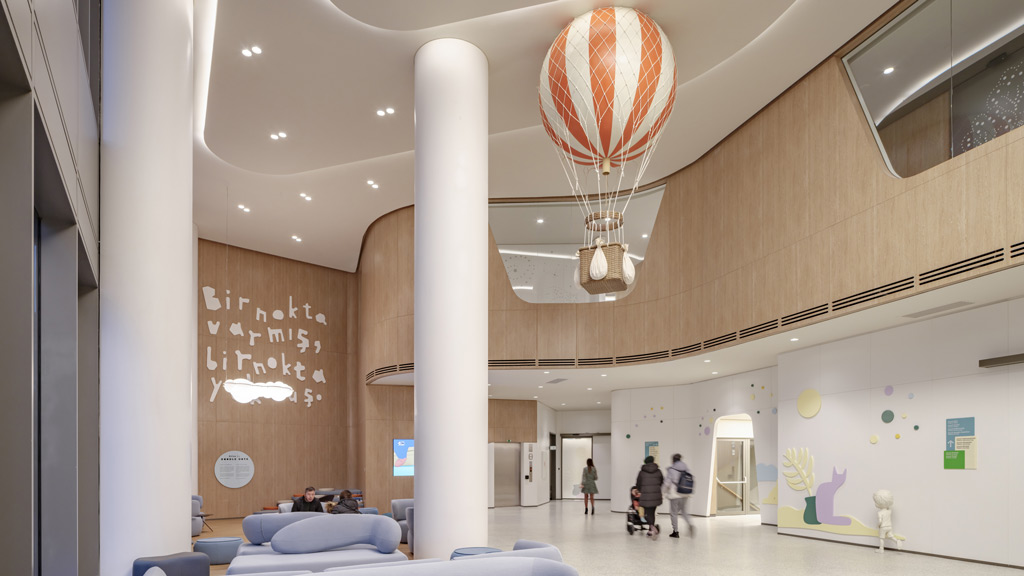
What Spa and Wellness Spaces Can Teach Us About Transforming Behavior
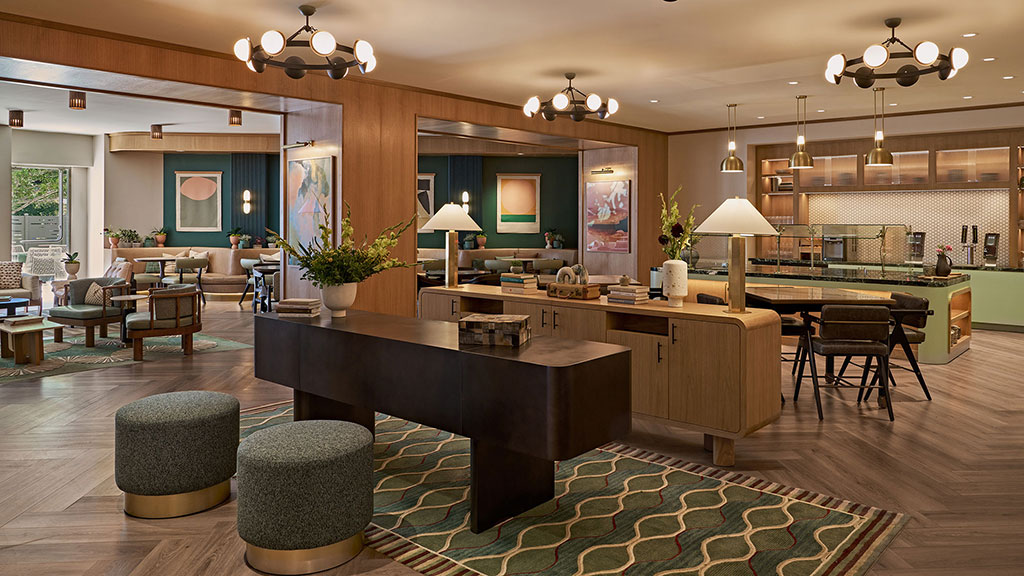
A Story of Transformation: Hyatt’s Unique Blend of Community and Hospitality
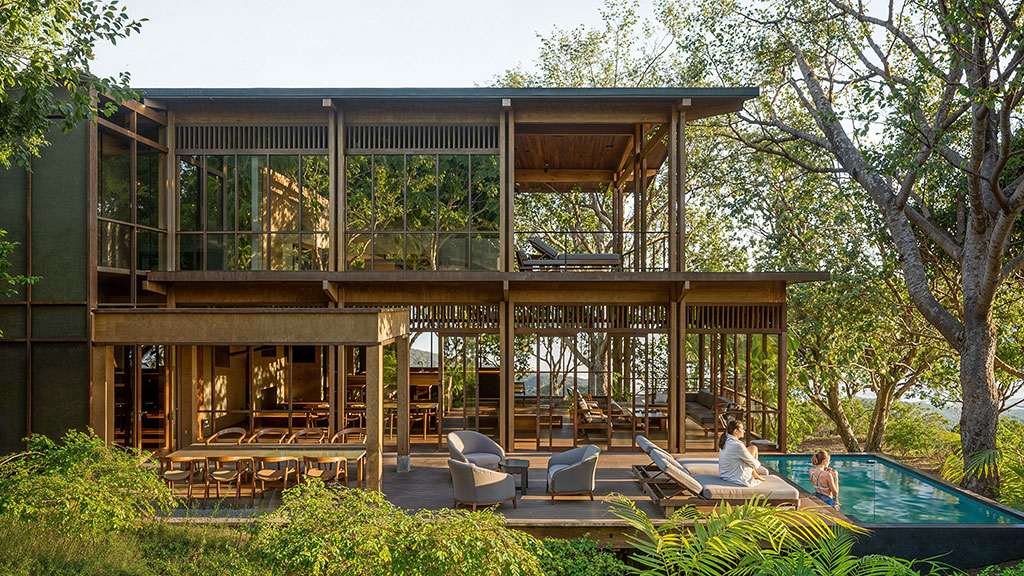
Expanding New Frontiers: Redefining Hospitality in Latin America

Luxury + Convenience: Why Branded Residences Are in Demand Across the Globe
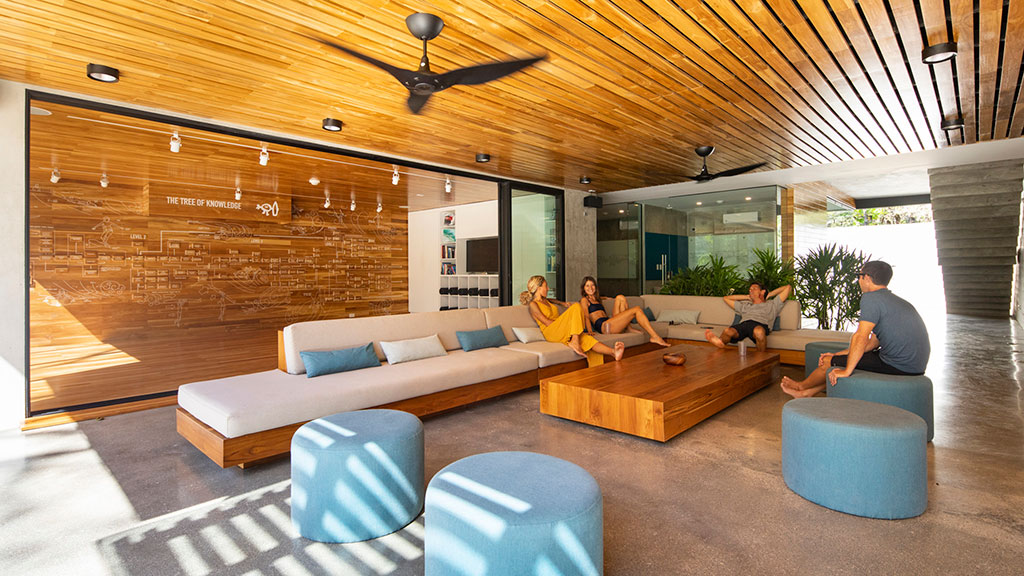
Why Hospitality Must Adopt the “Leave No Trace” Mindset
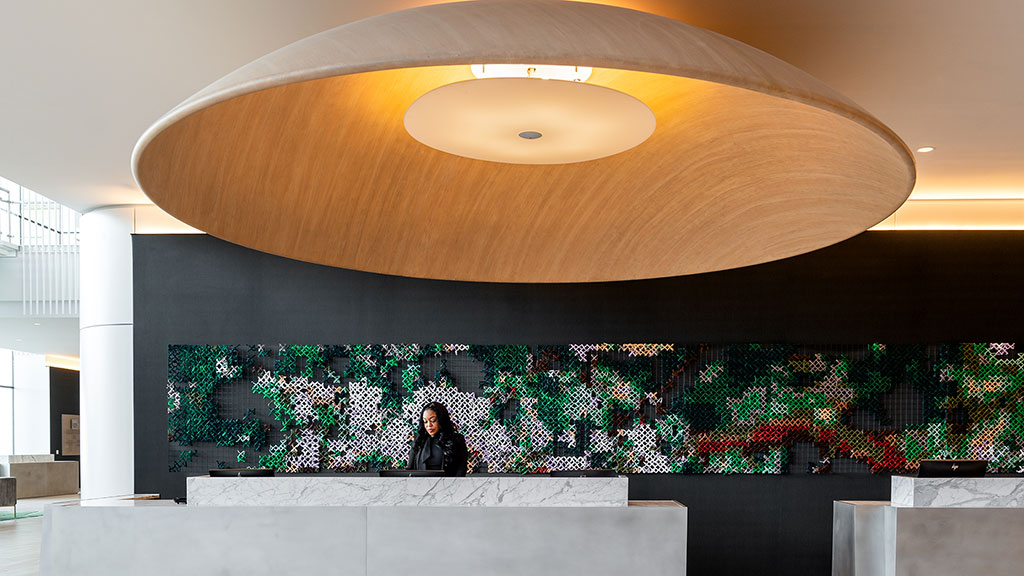
New Atlanta Hotel Blends Southern Hospitality and Design Excellence

